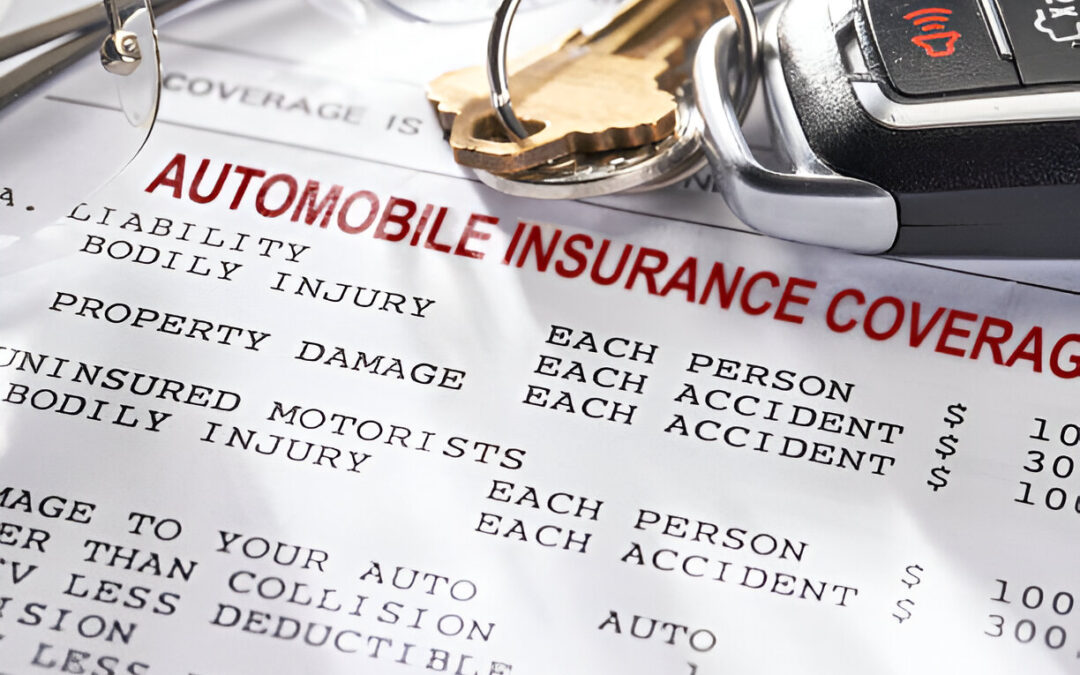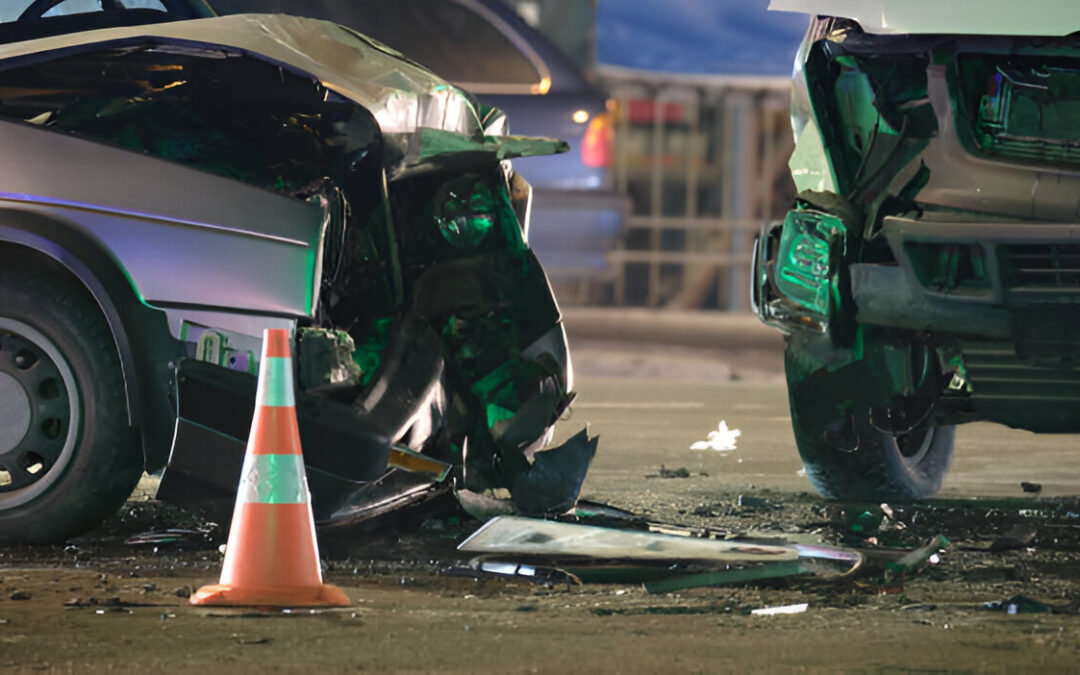On average, car accidents cost the U.S. economy over $340 billion each year. Shocking, right? If you’re driving in Pennsylvania, you probably know your auto insurance policy isn’t just about protecting your car; it’s about protecting your future. One of the biggest decisions you’ll face is whether to keep “Full Tort” or opt for “Limited Tort” coverage. So, should I keep Full Tort on my auto insurance policy? The choice could significantly impact your finances, health, and peace of mind.
In this article, we’ll explain each option and help you decide if Full Tort is the best choice for you and your loved ones.
What’s the Difference Between Limited Tort and Full Tort?
Drivers can choose between Limited Tort and Full Tort insurance coverage in Pennsylvania. Full Tort allows you to sue for pain and suffering if you’re injured in an accident, while Limited Tort limits your right to recover damages for pain and suffering, offering a small discount on your monthly premium instead.
On the surface, Limited Tort might seem like a good deal—after all, who doesn’t want to save money on their insurance bill? But when you dig deeper, you’ll see these savings come at a potentially high cost. Imagine suffering a serious injury in a car accident only to realize you can’t recover compensation for the pain and suffering that follows. Suddenly, that small monthly saving doesn’t feel worth it. The emotional and physical toll of a car accident can be immense, and the right to compensation for pain and suffering can make a huge difference in your recovery.
What Are the Disadvantages of Choosing Limited Tort?
Choosing Limited Tort is initially a smart move if you want to cut down on monthly expenses. However, the real question is whether the cost savings outweigh the potential consequences of a severe car accident.
Car accidents aren’t just fender benders or minor scrapes; they often have profound, lasting effects on victims. Beyond broken bones or cuts, car accidents can cause lifelong injuries and disabilities. When you opt for Limited Tort, you waive the right to seek compensation for this suffering.
Many Pennsylvania drivers only realize what they have forfeited when it is too late—when they find themselves dealing with the repercussions of an accident, unable to seek compensation for their pain and suffering. We’ve heard countless horror stories from clients who chose Limited Tort, only to regret it when they needed the most coverage. That’s why it’s critical to consider the full scope of what you may be giving up.
What Are the Benefits of Choosing Full Tort?
Keeping Full Tort coverage on your auto insurance policy is a way to protect yourself and your family from unforeseen accidents and injuries. It might cost a bit more upfront, but the benefits outweigh the additional cost.
First, Full Tort provides peace of mind. The aftermath of a car accident can be chaotic and confusing. Injuries sustained in a crash may not fully manifest until weeks, months, or even years after the accident. With Full Tort, you can sue for pain and suffering, allowing you to seek full compensation for both immediate and long-term consequences of an injury. Without it, you could find yourself facing enormous medical bills or being denied compensation for an accident that wasn’t your fault.
Second, Full Tort is a form of future-proofing. In the event of a severe accident, the amount you pay in monthly premiums will seem like a small price to pay for the protection and security it offers. Full Tort ensures you’re covered and your rights are protected, regardless of the situation. For these reasons, we highly recommend Full Tort coverage to our clients and to all Pennsylvania drivers.
More: What is the Statute of Limitations for Personal Injury in Pennsylvania?
Should I Keep Full Tort On My Auto Insurance Policy?
If you’re asking, “Should I keep Full Tort on my auto insurance policy?” the answer, in most cases, is a resounding yes. However, it’s essential to understand that “full coverage” and “Full Tort” differ. Make sure your policy explicitly states “Full Tort” coverage. This protection applies to all members of your household, so you’re not just protecting yourself but your loved ones, too.
While Limited Tort might save you some money in the short term, the financial, physical, and emotional fallout from a car accident can be far more costly. The relatively small difference in premium costs is often worth it when considering the right to recover fully after an accident.
Involved in an Accident in Pennsylvania? Contact Pacin Levine, P.A., Today for Expert Guidance!
Now that we have addressed the question, “Should I keep Full Tort on my auto insurance policy?” it’s time to get the legal help you need. At Pacin Levine, P.A., we can guide you through the complexities of Pennsylvania’s auto insurance laws and help you understand your rights after an accident.
If you’ve been in a car accident or have questions about your coverage, contact us at 1-800-24-7-CRASH (2727) to discuss your case and explore your legal options. Stay informed, stay protected, and make the right choice for your peace of mind.












